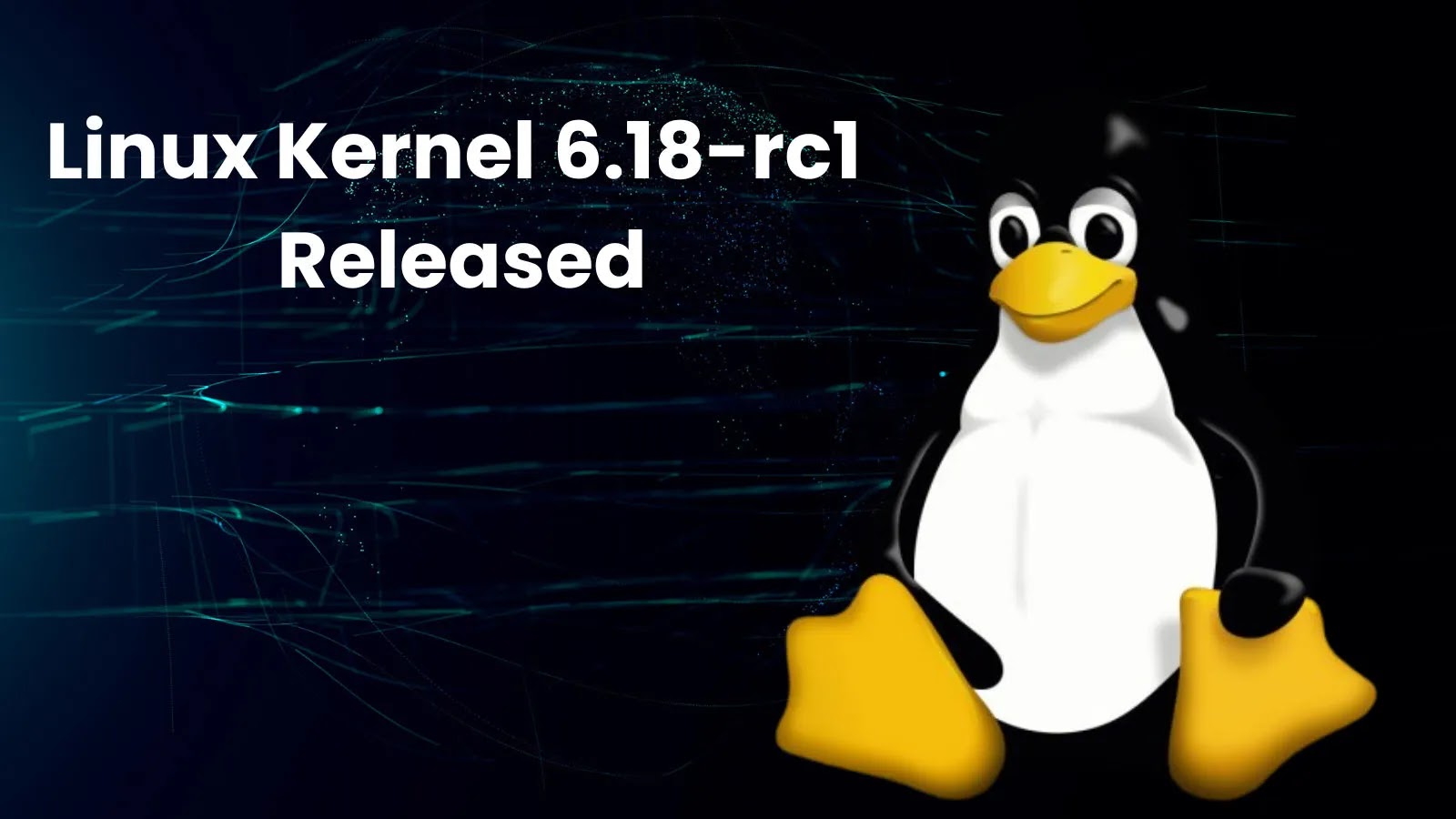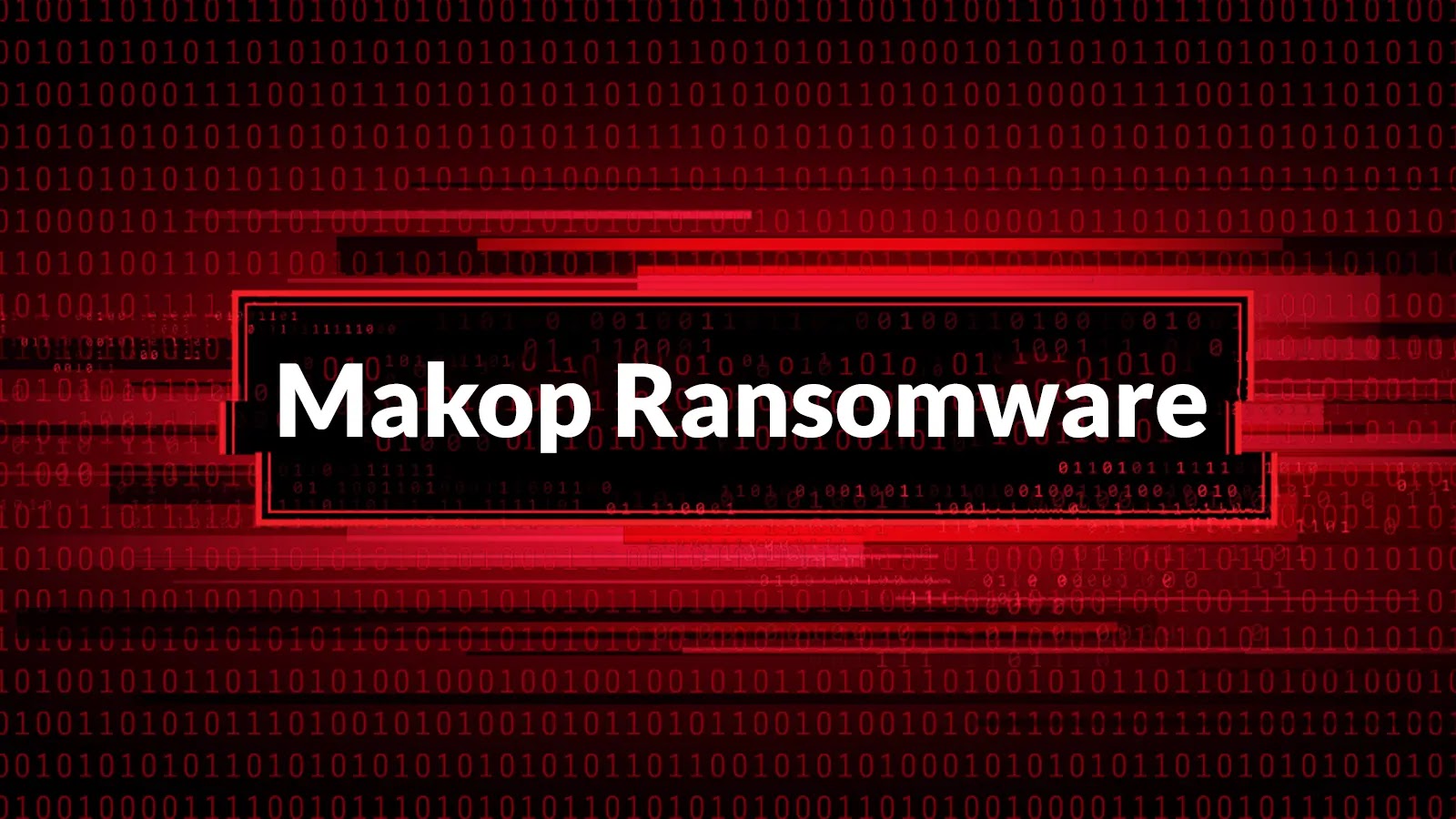On October 12, 2025, Linus Torvalds announced the release of Linux Kernel 6.18-rc1, marking the commencement of the release candidate phase for this upcoming kernel version. This release follows a two-week merge window that concluded smoothly, with the new candidate now available for developers and testers worldwide.
Key Highlights of Linux Kernel 6.18-rc1:
1. Driver Updates:
– Approximately half of the changes in this release pertain to drivers, reflecting the kernel’s ongoing evolution to support a broader range of hardware.
– Alex Williamson contributed to Virtual Function I/O (VFIO) enhancements, crucial for virtualization environments.
– Greg Kroah-Hartman managed updates across various peripheral drivers, including USB, Thunderbolt, and staging code.
– Bjorn Helgaas implemented PCI fixes to ensure reliable device enumeration.
– Dave Airlie provided updates and fixes for the Direct Rendering Manager (DRM), vital for modern displays and GPUs.
2. Architecture-Specific Enhancements:
– Borislav Petkov led an extensive overhaul of the x86 architecture, addressing instruction decoders, microcode loading, and mitigations for vulnerabilities like Spectre.
– Will Deacon and Paul Walmsley made significant contributions to Arm64 and RISC-V architectures, respectively, benefiting embedded and server deployments.
3. Power Management:
– Rafael Wysocki refined ACPI and thermal controls, optimizing energy efficiency across laptops and data centers.
4. Networking and I/O Improvements:
– Paolo Abeni updated core networking stacks, enhancing performance and security.
– Jens Axboe introduced enhancements to io_uring for asynchronous operations, boosting performance in high-throughput applications.
5. Filesystems and Security:
– Al Viro and Christian Brauner made significant updates to the Virtual File System (VFS), including mount updates, inode handling, and Rust bindings to modernize file operations.
– Ted Ts’o (ext4), David Sterba (Btrfs), and Carlos Maiolino (XFS) implemented fixes and optimizations to improve data integrity and speed.
– Kees Cook focused on security hardening efforts, including seccomp refinements.
– Eric Biggers updated fscrypt and crypto libraries, introducing interleaved SHA-256 support.
– Alexei Starovoitov added fixes for eBPF programs, enhancing kernel observability without compromising safety.
– Paul McKenney’s RCU tweaks and Thomas Gleixner’s IRQ and timer core updates ensure low-latency responsiveness, crucial for real-time systems.
6. Rust Integration:
– The continued integration of the Rust programming language into kernel modules promises safer and more efficient code, marking a significant step toward modernizing kernel development practices.
Testing and Stability:
Linus Torvalds noted that this merge window was particularly smooth, with no significant issues encountered during his testing. This bodes well for the overall stability of the kernel as testing intensifies. Testers are encouraged to rigorously evaluate this release candidate to identify and address any potential regressions.
Release Timeline:
The final stable release of Linux Kernel 6.18 is anticipated around the end of November or the beginning of December 2025. The development cycle typically includes a seven-week bug-fixing and stabilization period, with new Release Candidates (RCs) released almost every week. If the cycle concludes at RC7, the final release is expected on November 30, 2025. Should an eighth RC be necessary due to last-minute issues, the release would likely be delayed to December 7, 2025.
Conclusion:
Linux Kernel 6.18-rc1 introduces a multitude of enhancements across various subsystems, including drivers, architecture updates, power management, networking, filesystems, and security. The integration of Rust signifies a move toward safer and more efficient kernel development. As the testing phase progresses, the Linux community is encouraged to participate actively to ensure a stable and robust final release.



